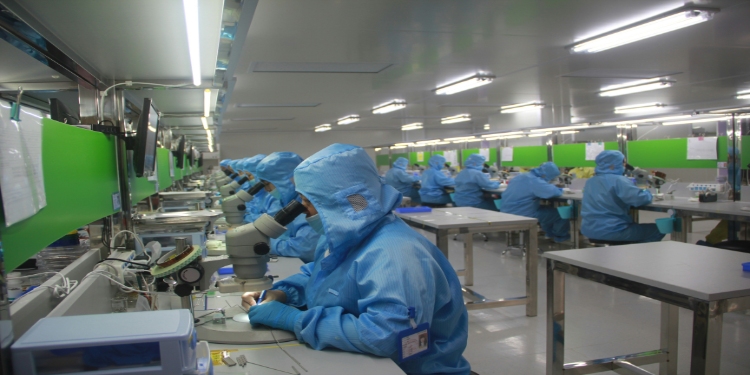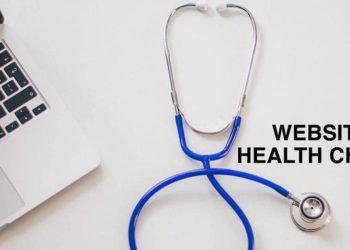The pharmaceutical industry stands at a crossroads of innovation and regulation, where traditional manufacturing processes are being transformed by cutting-edge digital technologies. As global demand for medications continues to rise and regulatory requirements become increasingly stringent, pharmaceutical companies are turning to advanced software solutions to streamline their production processes, ensure compliance, and maintain the highest quality standards.
This digital transformation is not merely about adopting new tools; it represents a fundamental shift in how pharmaceutical products are conceived, developed, manufactured, and delivered to patients worldwide. The integration of sophisticated manufacturing software has become essential for companies seeking to remain competitive while meeting the complex demands of modern healthcare systems.
Transforming Traditional Manufacturing Processes
The implementation of pharma manufacturing software has revolutionized how pharmaceutical companies approach production planning, execution, and monitoring. Traditional manufacturing relied heavily on paper-based systems, manual data entry, and fragmented communication channels that often led to inefficiencies, errors, and compliance challenges. Modern software solutions have replaced these antiquated methods with integrated platforms that provide real-time visibility into every aspect of the manufacturing process.
These systems enable manufacturers to optimize batch scheduling, manage raw material inventory more effectively, and ensure that production lines operate at maximum efficiency while maintaining strict quality controls. The transformation extends beyond mere digitization to encompass predictive analytics, automated decision-making, and seamless integration across multiple production facilities.
Enhanced Quality Control and Compliance
Quality assurance in pharmaceutical manufacturing has reached new heights through the implementation of advanced software systems that monitor every parameter of the production process. These platforms continuously track critical quality attributes, environmental conditions, and equipment performance, automatically flagging any deviations from established specifications before they can impact product quality.
The software maintains comprehensive audit trails that document every action, decision, and modification throughout the manufacturing process, ensuring full traceability and regulatory compliance. This level of documentation and monitoring is particularly crucial in an industry where product recalls can cost millions of dollars and potentially endanger patient safety. Modern systems also facilitate faster response times to quality issues by providing instant alerts and automated workflows that guide operators through corrective actions.
Data-Driven Decision Making and Analytics
The power of modern manufacturing software lies in its ability to transform vast amounts of production data into actionable insights that drive continuous improvement. Advanced analytics capabilities enable pharmaceutical manufacturers to identify patterns, predict potential issues, and optimize processes based on historical performance data.
Machine learning algorithms can detect subtle correlations between process parameters and product quality that might be missed by human operators, leading to more robust manufacturing processes and reduced variability. These systems also support predictive maintenance strategies by analyzing equipment performance data to anticipate failures before they occur, minimizing unplanned downtime and ensuring consistent production schedules.
Future Outlook and Industry Impact
The future of pharmaceutical manufacturing will be increasingly defined by the continued evolution and sophistication of manufacturing software platforms. Emerging technologies such as artificial intelligence, Internet of Things sensors, and blockchain integration promise to further enhance manufacturing capabilities, providing even greater levels of automation, transparency, and efficiency.
As regulatory bodies worldwide continue to embrace digital technologies and update their guidelines to accommodate modern manufacturing practices, software-driven production will become the standard rather than the exception. The companies that successfully leverage these technological advances will be better positioned to respond to market demands, reduce production costs, and ultimately deliver life-saving medications to patients more quickly and reliably.
David Prior
David Prior is the editor of Today News, responsible for the overall editorial strategy. He is an NCTJ-qualified journalist with over 20 years’ experience, and is also editor of the award-winning hyperlocal news title Altrincham Today. His LinkedIn profile is here.












































































